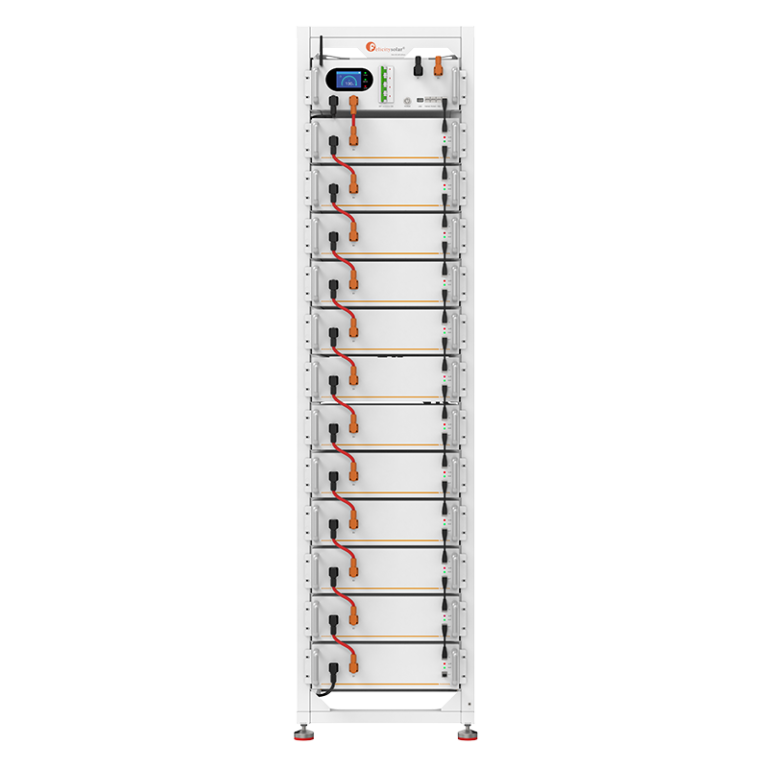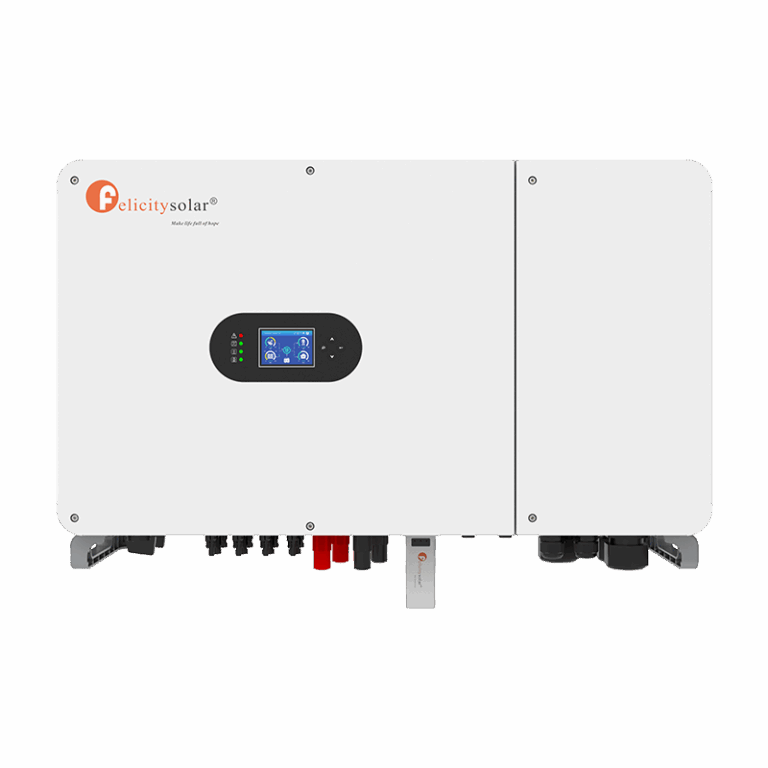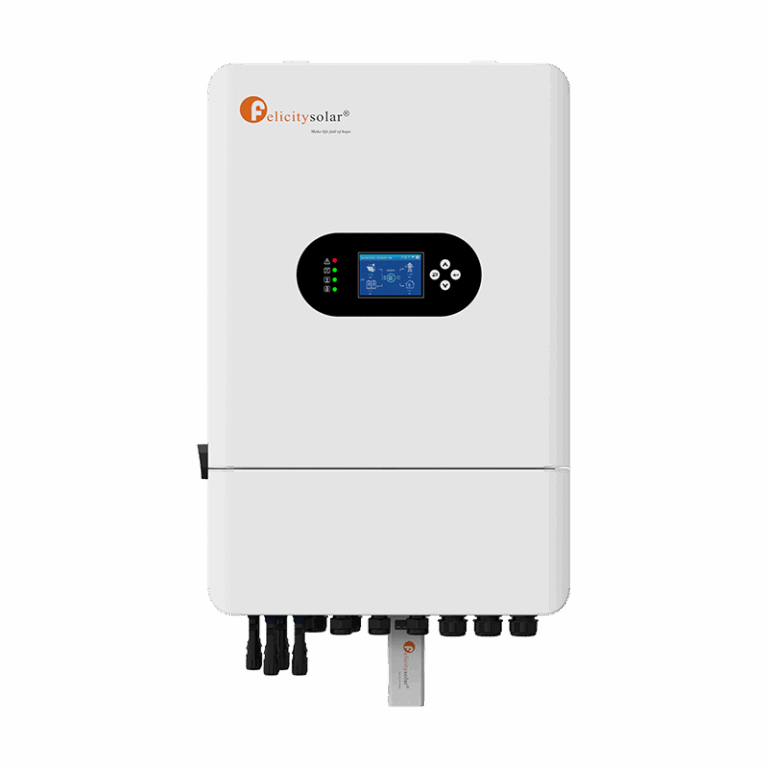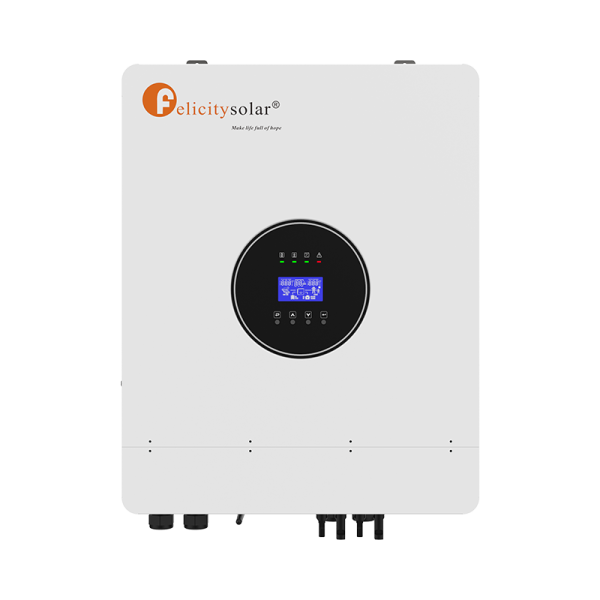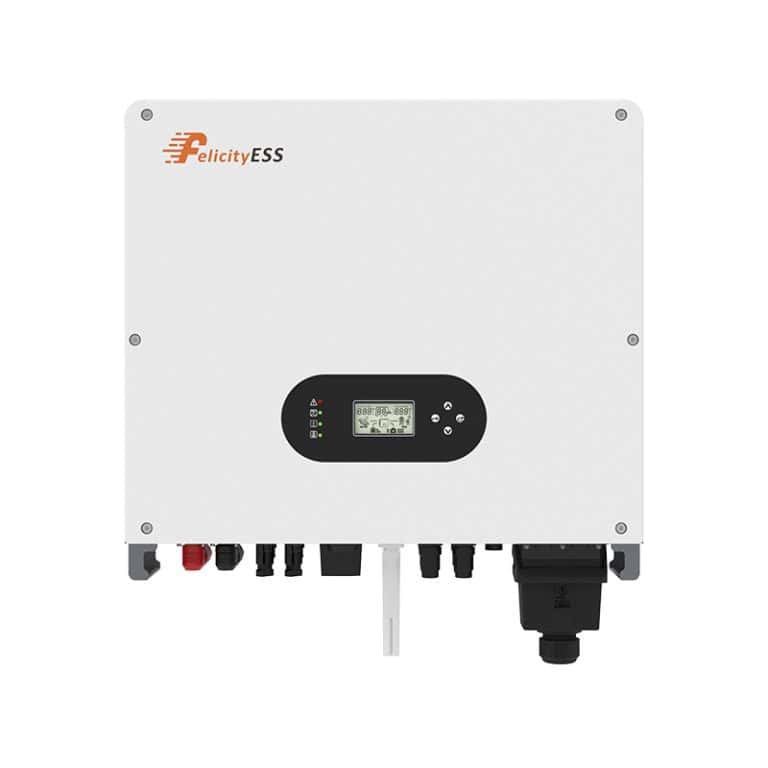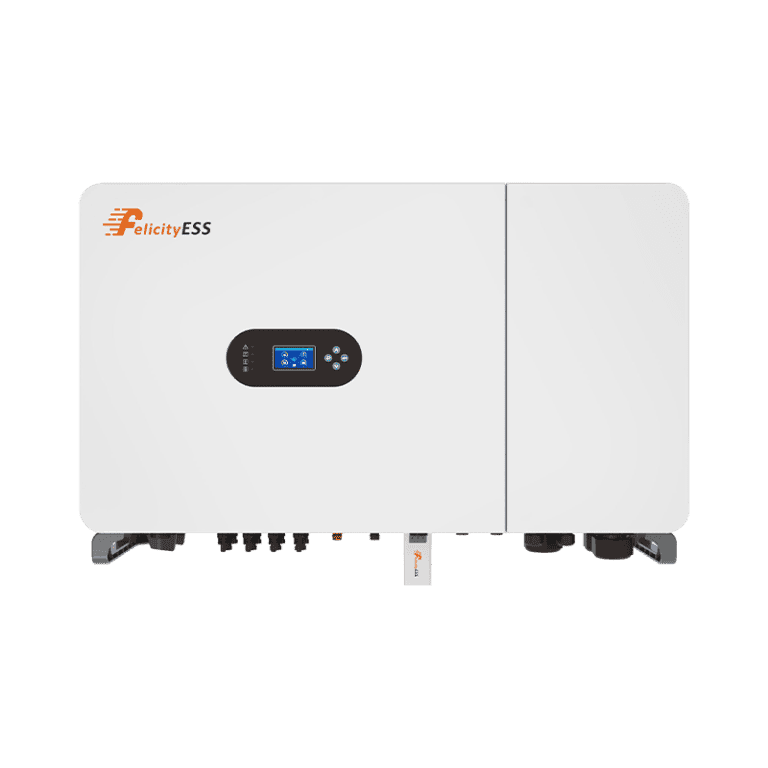Tato příručka rozděluje základní prvky, jak zvolit správné EV nabíječka Pro váš domov nabízí technické srovnání a adresy často přehlížené, ale klíčové aspekty, které pomáhají majitelům domů přijímat informovaná a budoucí rozhodnutí.
Pochopení úrovní nabíječky EV: Znáte základy
Úroveň 1 vs. úroveň 2: Jaký je rozdíl?

Před ponořením do značek a specifikací pochopte dva běžné typy EV nabíječkaS pro domácí použití je nezbytné:
- Nabíječky úrovně 1
- Napětí: 120 V
- Rychlost nabíjení: ~ 4-5 mil rozsahu za hodinu
- Instalace: Zapojte se do standardních vývodů pro domácnost
- Nejlepší pro: Příležitostné nebo přes noc nabíjení
- Nabíječky úrovně 2
- Napětí: 240V
- Rychlost nabíjení: 20–60 mil rozmezí za hodinu
- Instalace: Vyžaduje vyhrazený obvod a možná profesionální instalaci
- Nejlepší pro: denní použití a rychlejší obrat
Nabíječky úrovně 2 jsou obecně tou správnou nabíječkou pro váš domov, pokud vlastníte plně elektrické vozidlo a pravidelně dojíždíte. Podle amerického ministerstva energetiky více než 80% majitelů EV upřednostňují nabíjení úrovně 2 v důsledku účinnosti času.
Klíčové úvahy při výběru správné nabíječky EV pro váš domov
1. Rychlost nabíjení a výkon natočení EV nabíječky
Při hodnocení nabíječek zvažte jejich hodnocení aperage. Většina nabíječek úrovně 2 se pohybuje mezi 16 a 50 ampéry, což ovlivňuje, jak rychle mohou vaše vozidlo dobít.
- 16–30 AMPS: Vhodné pro hybridy plug-in (PHEV)
- 32–40 AMPS: Ideální pro menší EV s nižší kapacitou baterie
- 48–50 AMPS: Nejlepší pro velké kapacity EV nebo budoucnosti
TIP: 40-amph nabíječka běžící při 240 V poskytuje 9,6 kW, překládá se na zhruba 25–30 mil rozmezí za hodinu, což je vhodné pro většinu denních řidičů.
2. kompatibilita EV
Ne všechny nabíječky jsou vytvořeny stejně. Ujistěte se, že nabíječka je kompatibilní s vaším modelem EV. Většina EV se sídlem v USA používá zástrčku J1772, s výjimkou Tesla, která vyžaduje adaptér.
Potvrďte také:
- Zda je nabíječka kompatibilní s jednofázovým nebo třífázovým výkonem
- Podpora pro komunikační protokoly vozidla, jako je OCPP, pokud jsou důležité inteligentní funkce
Inteligentní funkce: pohodlí nad rámec pouhého nabíjení
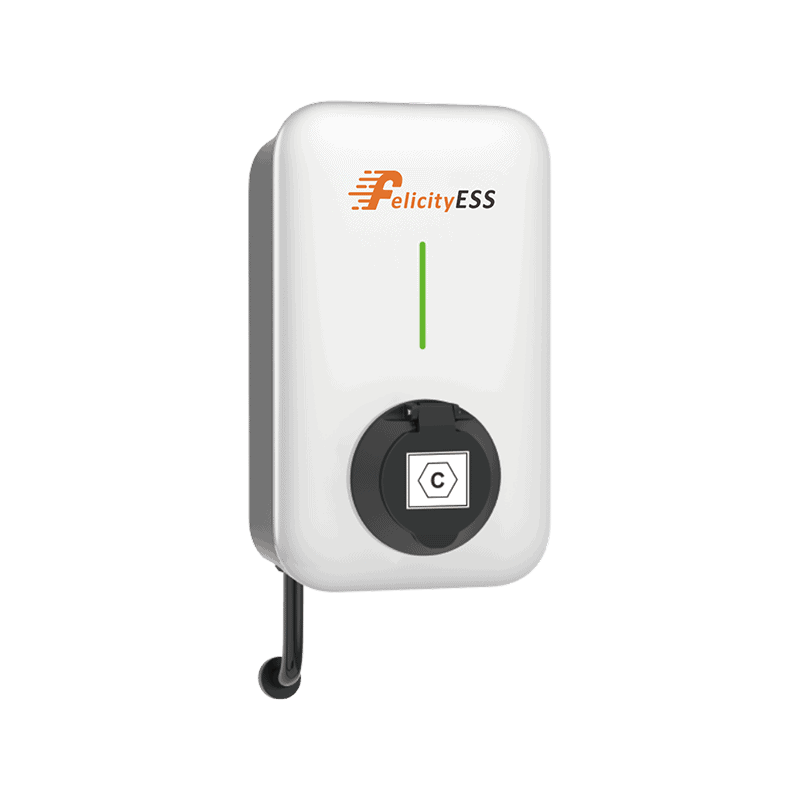
1. Wi-Fi & App Control of EV nabíječka
Mnoho moderních nabíječek přichází s připojením Wi-Fi, což vám umožňuje:
- Naplánujte nabíjení během mimo-špičkové sazby elektřiny
- Monitorujte využití energie
- Přijímat upozornění, pokud je nabíjení přerušeno
Například inteligentní nabíječky, jako je nabíječka Home Flex nebo JuiceBox 40, umožňují uživatelům integrovat jejich nabíjení EV do inteligentních domácích systémů nebo hlasových asistentů, jako je Alexa.
2. Vyvažování zatížení a sluneční integrace
Pokud má váš domov solární panely nebo pokud plánujete nainstalovat více nabíječek, funkce jako:
- Dynamické vyrovnávání zatížení (aby se zabránilo přetížení elektrického systému vašeho domova)
- Podpora sluneční integrace (pro upřednostňování využití zelené energie)
Požadavky na instalaci: Přemýšlejte za zařízení
Profesionální instalace vs. plug-and-play
- Hardwired jednotky jsou často odolnější a odolné vůči počasí, ideální pro venkovní použití, ale vyžadují profesionální instalaci.
- Nabíječky Nema 14-50 se snadno nastaví, pokud má vaše garáž již kompatibilní odbytiště, ale může mít nižší omezení amperage.
Ujistěte se, že váš domácí elektrický panel může podporovat nabíječku:
- Nabíječka 50-amph vyžaduje vyhrazený obvod 60-amp.
- Konzultujte s certifikovaným elektrikářem, abyste posoudili kapacitu a potenciální náklady na upgrade panelu, které se mohou pohybovat od $200 do $1 500+ v závislosti na složitosti.
Porovnání nákladů: Předem vs. dlouhodobá hodnota
| Typ nabíječky | Průměrné náklady (pouze nabíječka) | Náklady na instalaci | Celkem odhadovaný |
| Úroveň 1 | $0–$300 | Žádné | $0–$300 |
| Úroveň 2 | $400–$800 | $500–$1500 | $900–$2300 |
Inteligentní nabíječky mohou stát více předem, ale mohou snížit účty za veřejné služby prostřednictvím plánovaného nabíjení a monitorování energie a potenciálně ušetřit $150–$300 ročně v nákladech na elektřinu.
Populární značky Home EV nabíječky (a proč na nich záleží)
Při zvažování, jak vybrat správnou nabíječku EV pro váš domov, je zásadní hodnocení dobře recenzovaných a certifikovaných značek:
- Nabíjejte domácí flex: Všestranné amperage, ovládání aplikací, Energy Star Certified
- JuiceBox 40: Robustní funkce Wi-Fi, integrace hlasového asistenta.
- Grizzl-E Classic: Rozpočet přátelský, drsný design, kanadský.
- TESLA WALL Connector: Nejlepší volba pro uživatele Tesla; Podporuje sdílení energie.
- Felicityss EV nabíječka: Podpořeno profesionálem měnič Technologie baterií, tyto nabíječky se zaměřují na inteligentní optimalizaci energie a kompatibilitu s domácími řešeními pro úložiště (ESS) pro efektivní využití energie.
Každá nabíječka má svůj výklenek, takže odpovídající vaše návyky, typ vozidla a domácí kapacita je důležitější než výběr nejdražšího modelu.
Shrnutí: Výběr správné nabíječky EV pro váš domov
Chcete -li zabalit, zde jsou klíčové body, které je třeba zvážit při výběru nejlepší nabíječky EV pro domácí použití:
- Určete denní jízdní návyky pro odhad požadované rychlosti nabíjení.
- Vyhodnoťte kapacitu elektrického systému a dostupnost vývodů.
- Upřednostňujte inteligentní funkce, pokud úspora nákladů a na dálkové ovládání záležitosti.
- Budoucnost proofouknutím výběrem škálovatelných nabíječek (vyšší zesilovače, sluneční integrace).
- Vyberte si certifikované a spolehlivé značky, abyste zajistili bezpečnost a trvanlivost.
Výběr správné nabíječky EV pro váš domov není jen o zapojení - jde o optimalizaci vaší investice, o podpoře vašeho životního stylu a zajištění spolehlivosti účtování v nadcházejících letech. Vzhledem k tomu, že se trh EV rychle rozšiřuje, je nyní čas na informovanou a technicky zdravou volbu.



